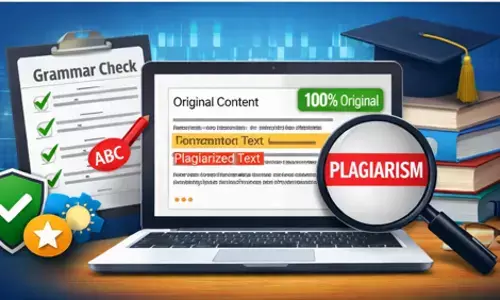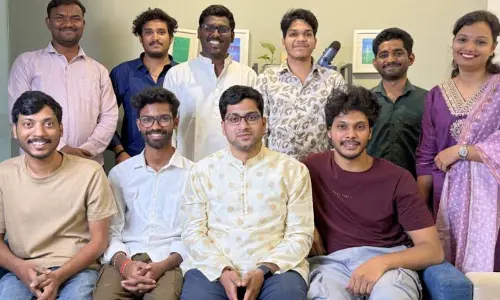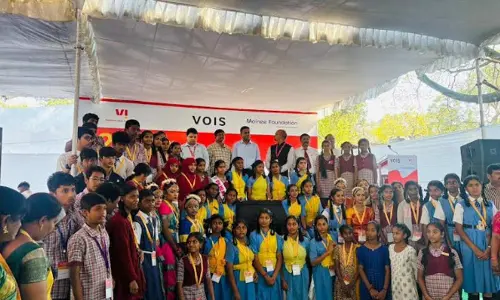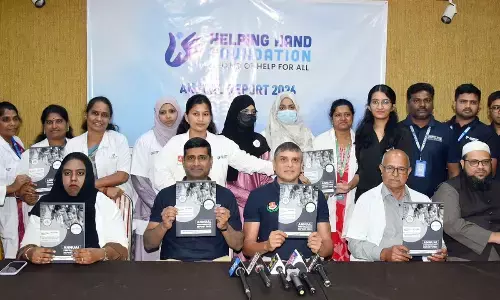Breaking Barriers: A new dawn in India’s education curriculum
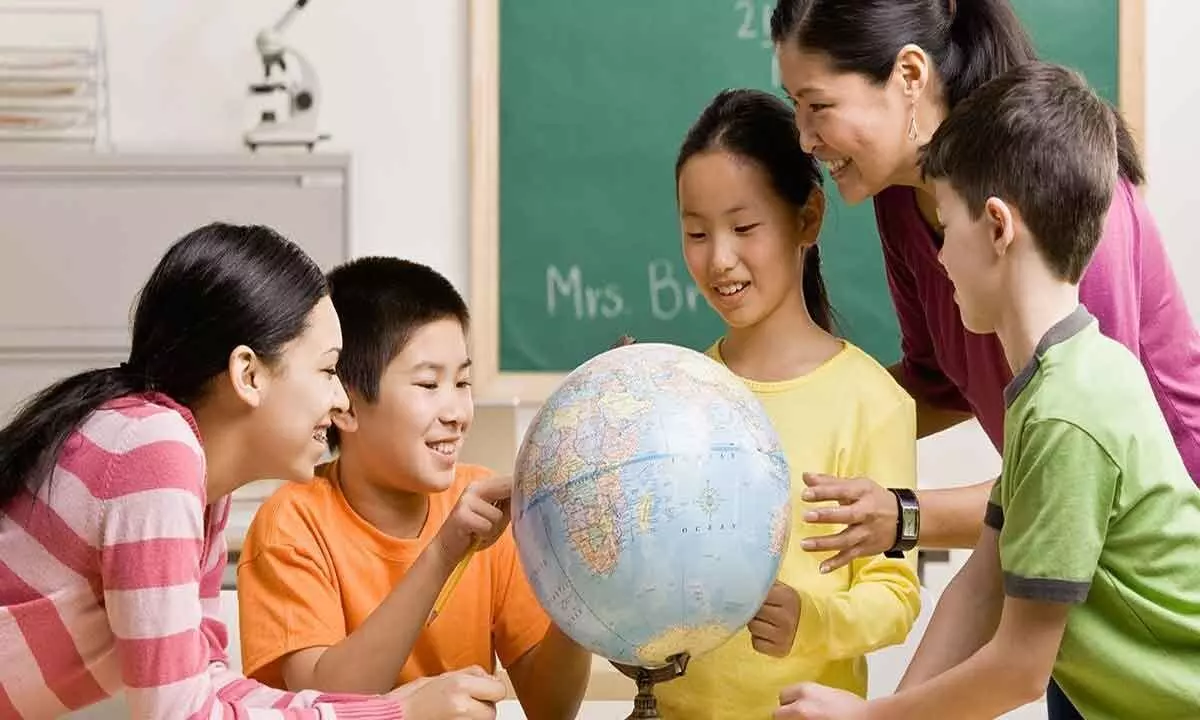
Education is not the filling of a pail, but the lighting of a fire. - William Butler Yeats
This timeless quote by William Butler Yeats perfectly encapsulates the essence of the New Education Policy 2023 in India. With an unprecedented overhaul of the education system after 34 years, the policy aims to ignite a passion for learning, nurturing creativity, critical thinking, and holistic development. The transformation is rooted in the recognition that the curriculum design and content need to align with the evolving needs of the 21st-century learner.
Emphasis on determining and nurturing each child’s potential
The cornerstone of the NEP 2023 lies in recognizing and nurturing the unique potential of every child. The policy aims to move away from a one-size-fits-all approach and create a more personalized learning experience for students. By understanding each child’s strengths and weaknesses, educators can tailor their teaching methodologies to optimize learning outcomes and foster holistic development.
Focus on foundational reading and numeracy
Foundational literacy and numeracy skills are critical building blocks for a child’s educational journey. The NEP 2023 prioritizes the development of these skills, ensuring that students have a strong foundation in reading and mathematics from the early years. This focus on foundational learning will better equip students to tackle more complex subjects as they progress in their education.
Flexible learning opportunities
Recognizing the diverse interests and learning styles of students, the NEP 2023 advocates for flexible learning opportunities. This approach allows students to explore various subjects and disciplines, fostering creativity and a well-rounded education. The policy encourages experiential learning, project-based assessments, and interdisciplinary approaches to enrich the learning experience.
Integration of technology in education
Incorporating technology into education is a key aspect of the NEP 2023. The policy envisions a digital-savvy learning environment, where every school is equipped with digital technology. The establishment of the National Educational Technology Forum (NETF) will promote innovation and the effective use of digital tools to enhance teaching and learning methodologies.
Multilingual education
The NEP 2023 recognizes the importance of preserving linguistic diversity and cultural heritage. Students will have the opportunity to study in their mother tongue or regional language until at least the fifth grade, and potentially up to the eighth grade. This policy aims to improve students’ comprehension and retention by enabling them to learn in a language they are familiar with, while also promoting multilingualism.
Integration of Indian culture
Cultural understanding and appreciation are integral to a well-rounded education. The NEP 2023 emphasizes the integration of Indian culture into the curriculum, fostering a sense of pride and identity among students. By learning about India’s rich heritage, students will develop a deeper understanding of their roots and values.
Phasing out the 10+2 structure
The 5+3+3+4 model introduced in India’s New Education Policy (NEP) 2023 is a groundbreaking shift from the traditional 10+2 system. It aims to revolutionize education by providing a holistic and comprehensive approach to learning. The model encompasses four stages: foundational (5 years), preparatory (3 years), middle (3 years), and secondary (4 years). Each stage is carefully designed to nurture students’ cognitive and emotional growth, promote creativity, and prepare them for the challenges of the modern world.
In the foundational stage, emphasis is placed on developing literacy, numeracy, and social skills in a supportive environment. The preparatory stage sparks curiosity and encourages exploration of various subjects, fostering a multidisciplinary approach to education. The middle stage grants students flexibility in subject choice and helps them make informed decisions about their academic journey. Finally, the extended secondary stage offers more in-depth learning and skill development, preparing students for higher education or the workforce.
Inclusive approach to Arts, Sciences, and Vocational Education
The NEP 2023 aims to break down traditional silos between arts, sciences, academic, vocational, curricular, and extracurricular disciplines. By adopting a more inclusive approach, students will have the freedom to choose from a diverse range of subjects, including vocational courses and physical education. This approach promotes a well-rounded education that caters to individual interests and talents.
Increased emphasis on skill development
The NEP 2023 places a strong emphasis on skill development, recognizing that education should prepare students for the demands of the modern workforce. By offering a multi-disciplinary and flexible curriculum, students will acquire a broader skillset that aligns with the evolving job market.
A parting take
The New Education Policy 2023 represents a monumental leap forward for India’s education system. The reforms in curriculum design and content are designed to nurture the potential of every child, promote flexibility and creativity, and integrate technology into the learning process. By adopting the 5+3+3+4 structure and embracing a holistic approach to education, the NEP 2023 seeks to create a generation of well-rounded individuals equipped with the skills and knowledge to lead India’s future. As the policy is implemented across the nation, it is poised to transform education and open up new possibilities for students, educators, and the country as a whole.
(The author is Headmaster at The Lawrence School, Sanawar)


